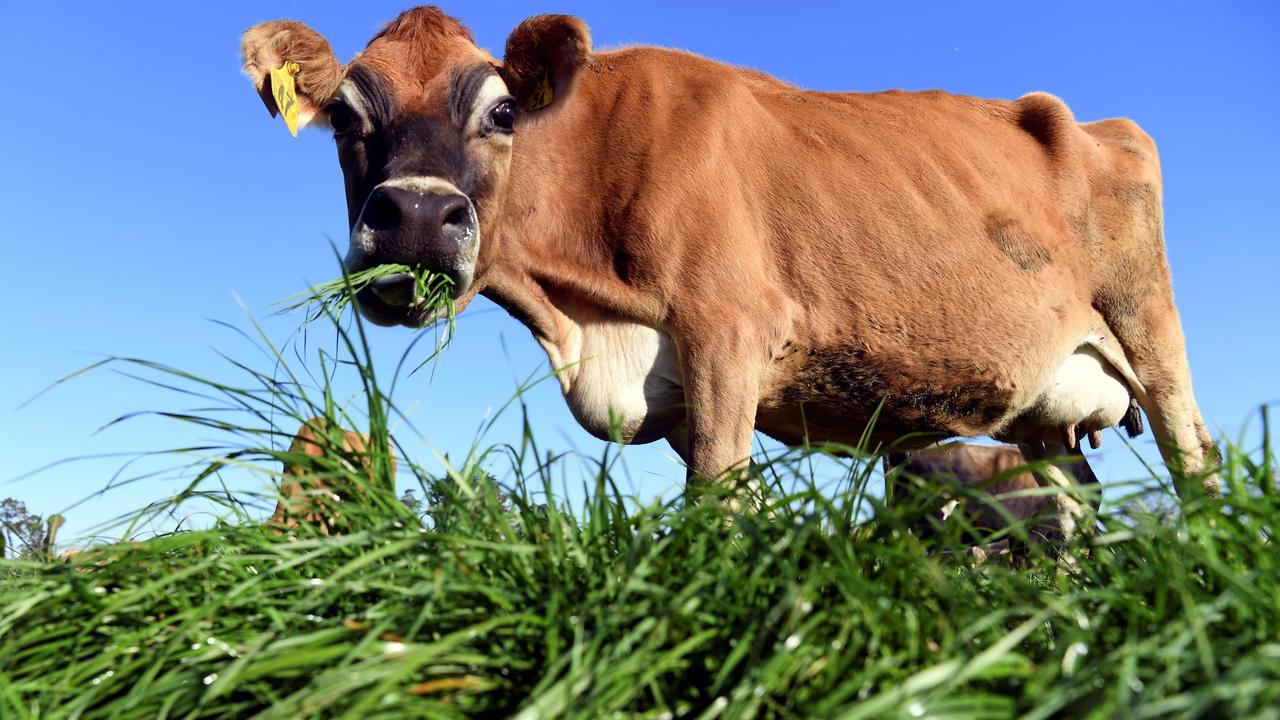Animals Australia activists to rank banks on animal welfare
A new campaign by Animals Australia will target Australia’s banks, putting billions in agricultural investment at risk.
EXCLUSIVE: ANIMAL activist group Animals Australia is about to turn its attack on the nation’s banks, in a move farmers have slammed as an “ill-conceived stunt”.
A new campaign from the group will target farm finance practices based on whether or not banks lend to farmers engaged in live exports, intensive farming and mulesing, The Weekly Times can reveal.
The move has the potential to disrupt the more than $75 billion in agricultural lending across Australia. Banks are already rethinking their approach to agricultural lending, with National Australia Bank last year becoming the first of the big four to implement an animal welfare policy.
The Animals Australia campaign includes a scorecard titled “How does your bank measure up when it comes to animal welfare?”, to be publicly released next week.
The scorecard — seen by The Weekly Times — ranks banks on four animal welfare measures: whether they have a public animal welfare policy; whether or not they finance live exports or intensive farming; and whether their policy requires animals be given pain relief for procedures such as mulesing.
Bank Australia ranks highest followed by ING, while the Commonwealth Bank, ANZ and HSBC Australia rank lowest.
Animals Australia’s Lisa Chalk said the group had been talking to banks about developing animal welfare policies.
“With the treatment of animals an issue of significant concern in the Australian community, part of our work also involves informing members of the public about the positions and policies of the banks we have been engaging with,” Ms Chalk said.
National Farmers’ Federation president Fiona Simson said Animals Australia’s “ill-conceived stunt” would mislead the public, by attacking industries “that are entirely legal and highly regulated”.
“Australian banks and banking customers should not be influenced by the extreme views of an activist organisation,” Ms Simson said.
“Particularly when that organisation is attacking lawful Australian businesses that put food on the table of families in Australia and abroad, and make a significant contribution to our national economy and to rural communities.”
Ms Chalk said a similar argument could be made about banks choosing not to fund fossil fuel or tobacco industries.
She said research conducted by consultants FutureEye in 2018 found there was significant community concern about the treatment of animals and current legislation, with mulesing a prime example.
“One of the primary issues of concern was performing painful procedures on animals without pain relief - a standard practice in Australian animal agriculture,” Ms Chalk said.
“This is a key issue we are hoping banks take a leadership role on by working with their clients in agriculture.”
The scorecard follows an online campaign already up and running by the group, urging people to ask their banks about their animal welfare policies.
“Incredibly, nearly all of the major banks do not have a lending policy that rules out dealing with cruel animal industries like the live export trade and factory farms,” the Animals Australia website states.
“The reality for most of us is that our hard-earned dollars could be propping up businesses that do this to animals.”
Reserve Bank of Australia data shows banks financed agricultural loans and leases to the tune of $76.5 billion in 2017-18.
NAB’s policy, announced last November, still allows the bank to fund live export and intensive farming operations, but it has stated it will no longer deal with businesses that breach animal welfare standards.
Ms Simson said good animal welfare was “fundamental” to farming, with Australian farmers already legally required to meet science-based animal welfare standards, which were developed in consultation with groups such as Animals Australia.
“It is extraordinary that Animals Australia can participate in national policy forums about animal welfare and live export, when they philosophically disagree with the agricultural industry … and their agenda is clearly at odds with the very existence of those industries,” she said.


